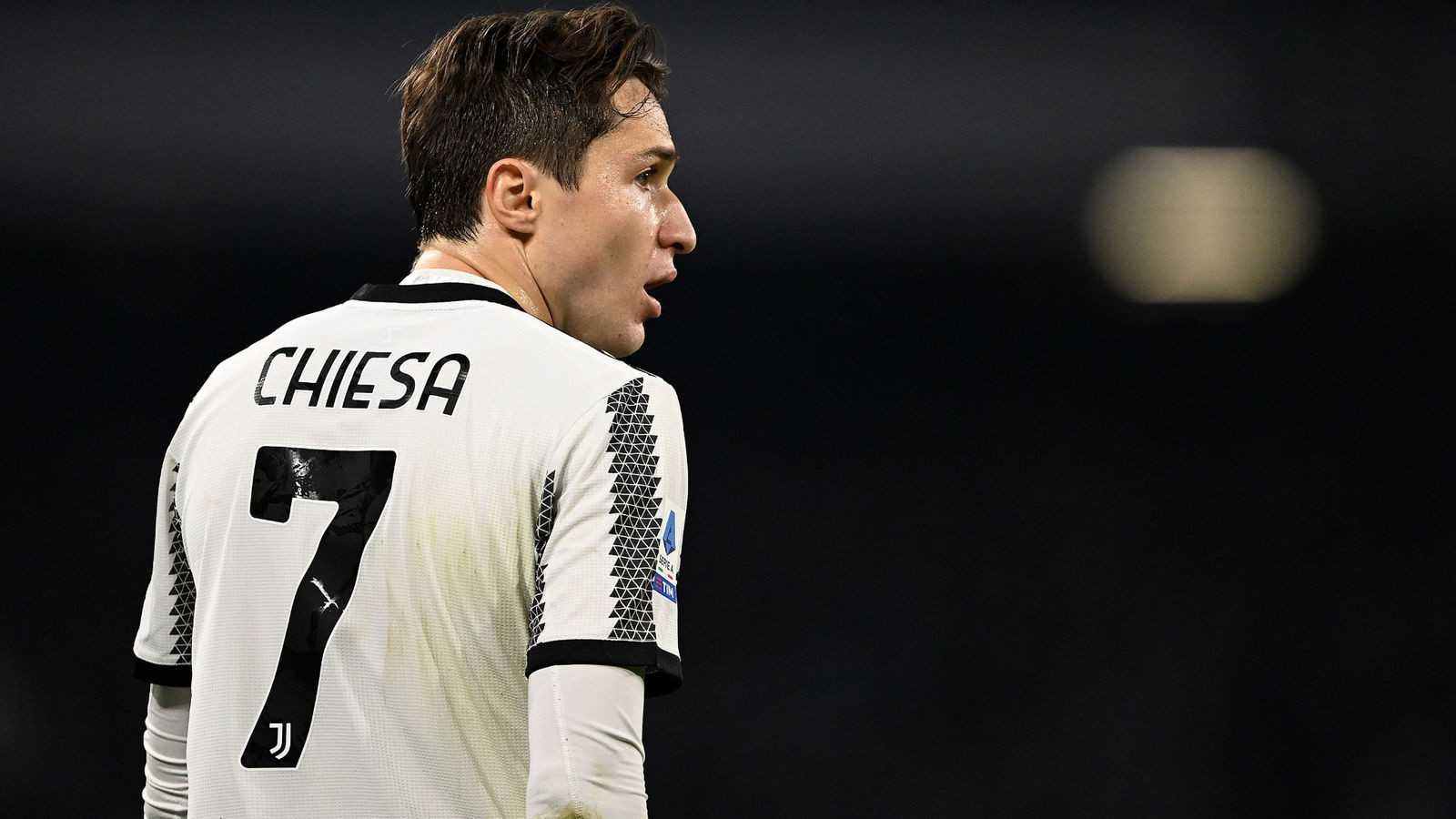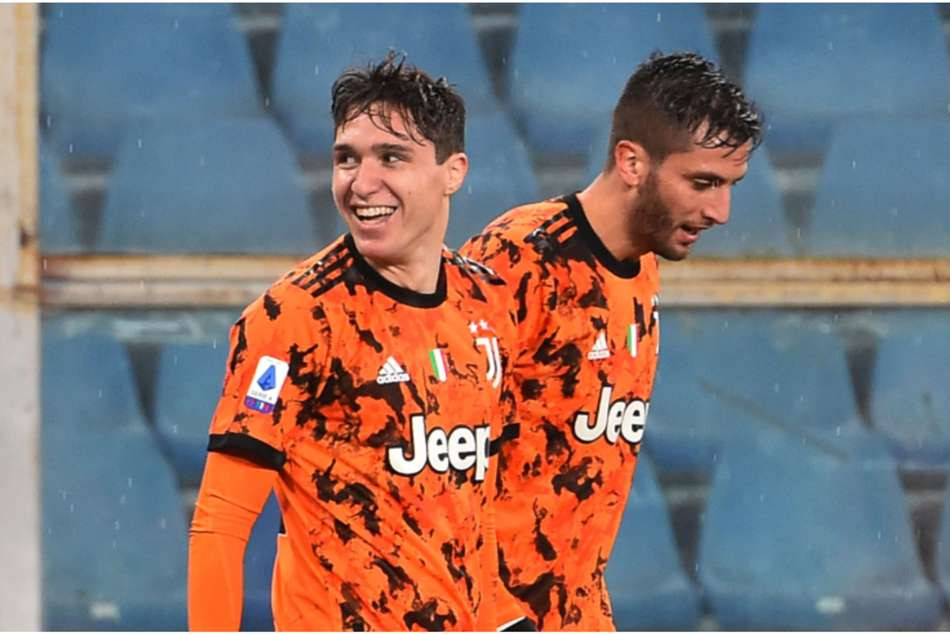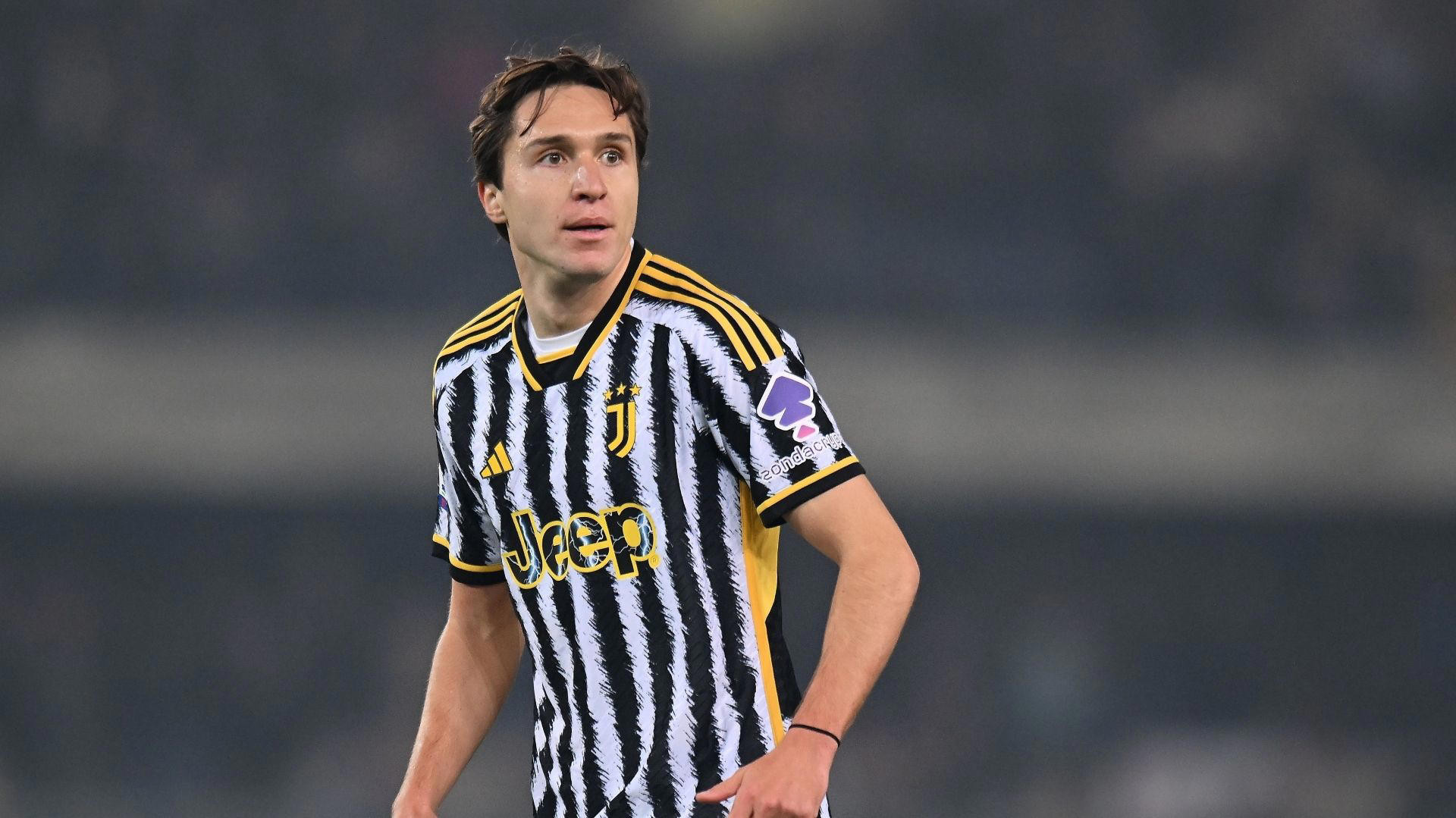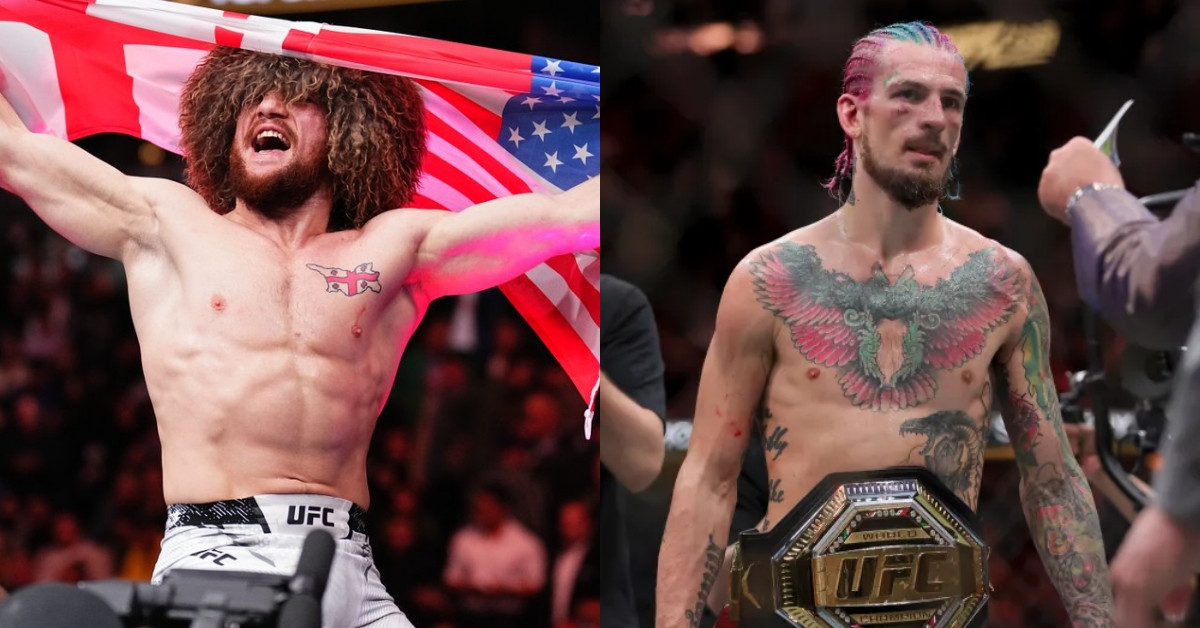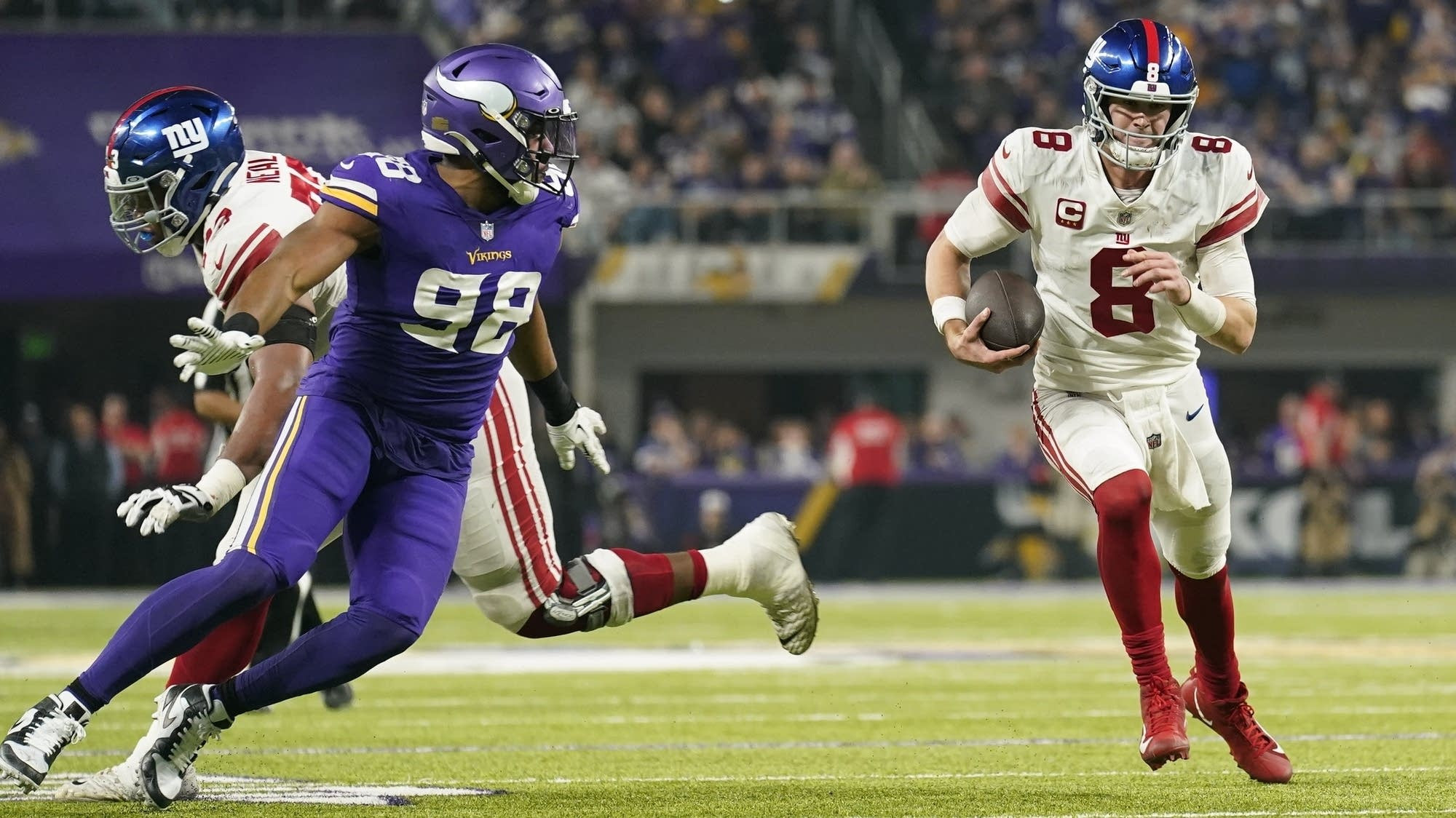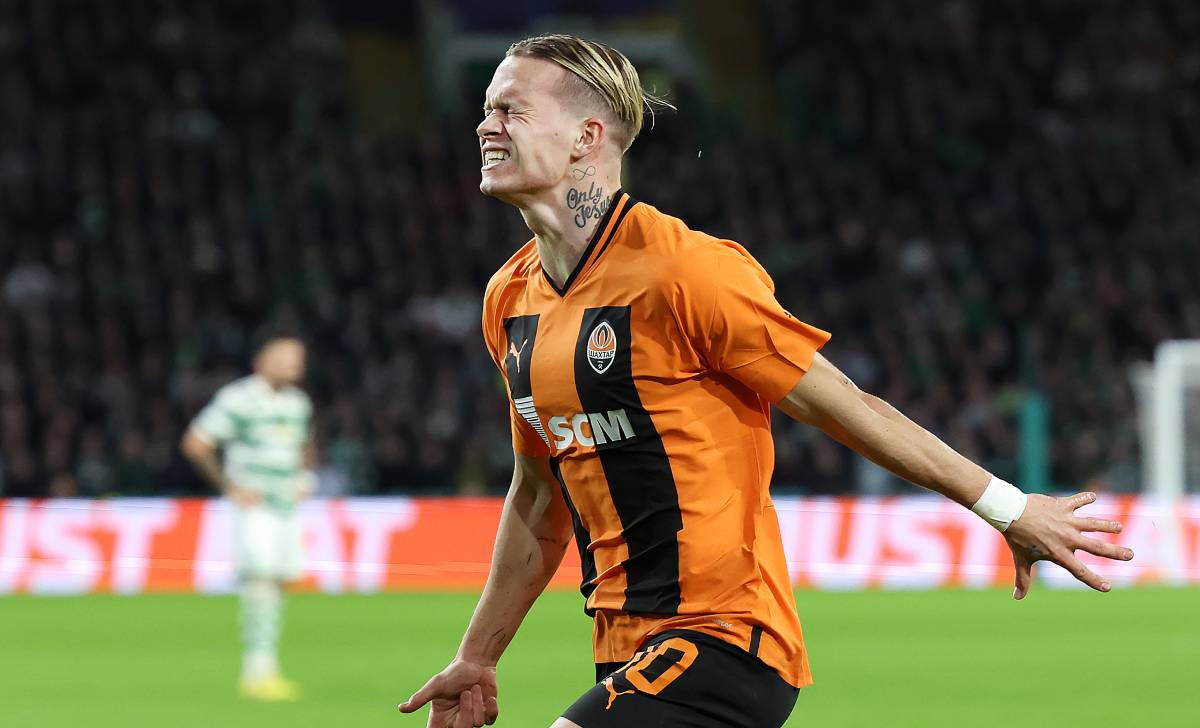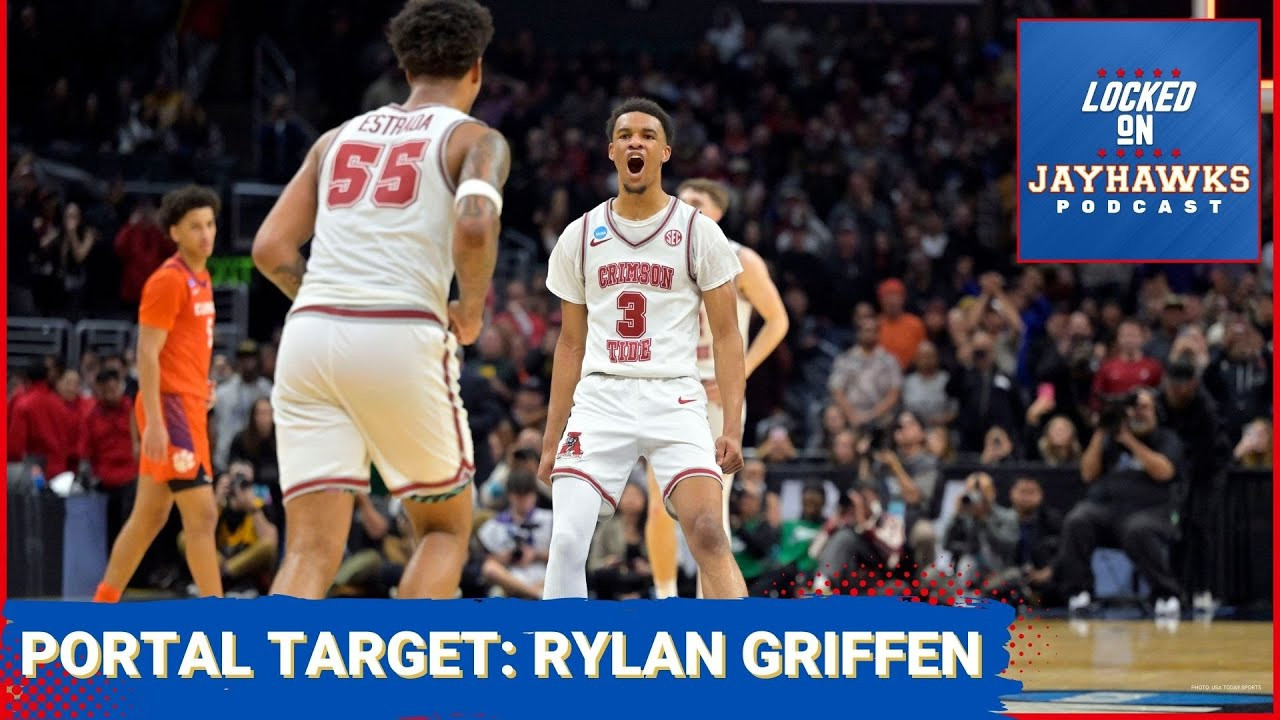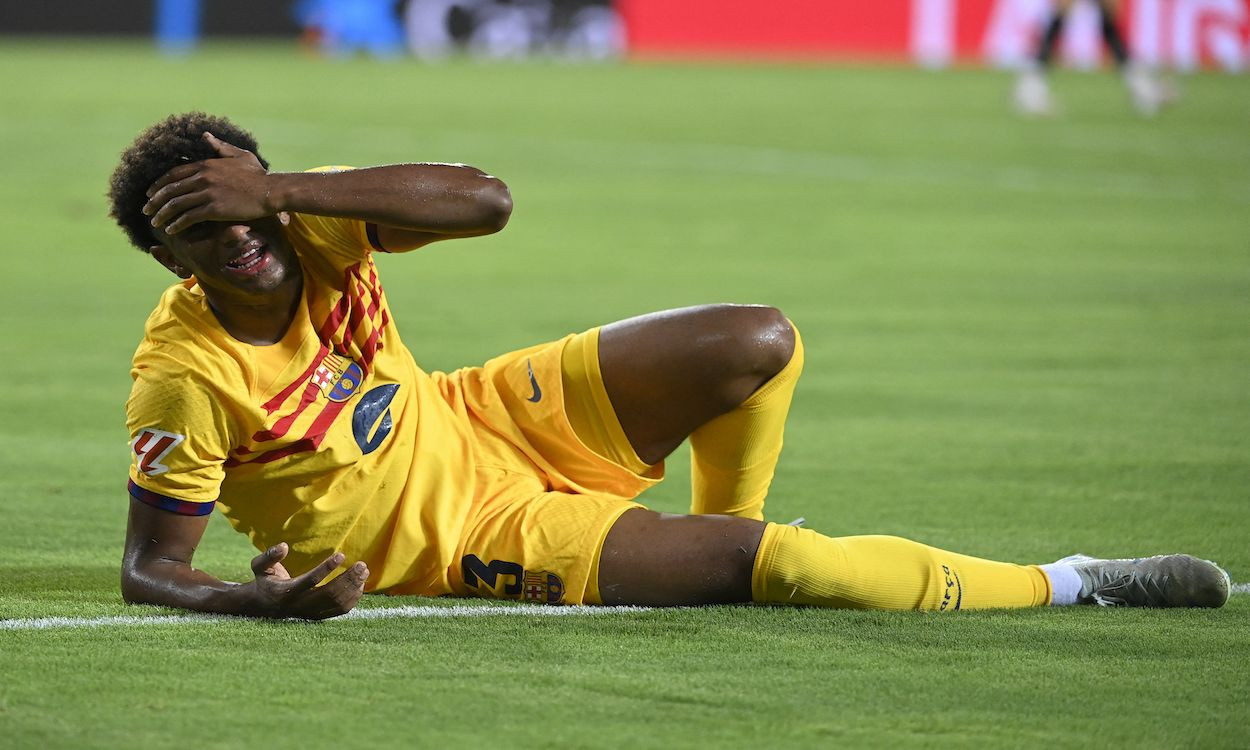Liverpool knew all summer there was a deal to be done with Juventus for Federico Chiesa. New sporting director Richard Hughes also believed that the closer it got to the transfer deadline, the stronger the Premier League club’s hand would be in negotiations. With Chiesa not part of head coach Thiago Motta’s plans and Juventus increasingly keen to avoid losing him for nothing in 2025, Liverpool held all the aces as they belatedly made their move. A fee of £10million ($13.1m) was agreed, rising to £12.5m if the Italy international helps them win the Premier League and the Champions League. The 26-year-old forward had also been the subject of lucrative interest from the Saudi Pro League but made it clear his heart was set on Anfield.
Chiesa told Liverpool’s in-house media he had called his dad Enrico, the former Italy striker who scored at Anfield against the Czech Republic during Euro ’96, for advice about the club’s pursuit. Enrico could not have been more emphatic. “Go!” he told his son. “It’s the best choice for your career.”
He was joined on the private flight from Turin to Liverpool on Wednesday by his wife, Lucia Bramani, and as the plane flew over Anfield on its approach to John Lennon Airport, he asked her to play the club’s anthem, You’ll Never Walk Alone. It was past midnight when Liverpool’s new No 14 finally left the club’s Kirkby training base, having completed his medical tests. On Thursday, he penned a four-year contract worth around £120,000 per week, similar to his salary at Juventus.
Chiesa: The Perfect Fit for Liverpool's Attack
Liverpool’s recruitment staff have long admired Chiesa. They built up a hefty dossier on him, including scouting reports and character references, during his breakthrough years at Fiorentina. Their relationship with his agent, Fali Ramadani, dates back to the signing of Lazar Markovic from Benfica in 2014. However, when Chiesa moved to Juventus in 2020, initially on loan with an obligation to buy for €50m (£42m; $55m at current rates), Liverpool thought their hopes of signing him had disappeared. That feeling was enhanced when his eye-catching contribution to Italy winning the European Championship in July 2021 saw his value rocket further.
But then injuries — most significantly a ruptured anterior cruciate ligament that kept him out for 10 months in 2022 — prevented him from realising his full potential. Suddenly, he became obtainable once again.
Liverpool's Smart Move: A Bargain Buy or a Gamble?
Bargain buy or a gamble? Liverpool’s decision-makers believe it’s the former. As well as calling on the contents of that dossier, Hughes carried out checks himself using his extensive network of contacts in Serie A. The former Scotland international grew up in Italy and started his career in the academy at Atalanta. The data backed up the belief that his work rate off the ball and his skill set in possession make him the ideal fit for Arne Slot’s style of football. His versatility was also viewed as a big asset, with Chiesa set to ease the burden on right-sided attacker Mohamed Salah.
Hughes didn’t need to travel to Italy, with discussions conducted over the phone. Hughes and Slot were struck by the player’s ambition and desire to test himself in the Premier League. His fluent English should also help him adapt. Fitness concerns were alleviated by Chiesa’s return of 10 goals in 37 appearances for Juventus in all competitions last season and the track record of Liverpool’s lead physical performance coach Ruben Peeters for load management and keeping players fit.
Concerns Remain: Liverpool's Transfer Window
Yet fans’ excitement at Chiesa’s arrival was tempered when no more players arrived before Friday’s deadline. The wait for a new No 6 goes on. The £29m deal struck with Valencia for goalkeeper Giorgi Mamardashvili does not kick in until next summer, leaving Chiesa as the only new face in the squad Slot has inherited from Jurgen Klopp.
Liverpool made a significant profit from their transfer business this summer with the sales of fringe players Fabio Carvalho (Brentford, £22.5million rising to £27.5m), Sepp van den Berg (Brentford, £20m rising to £25m), Bobby Clark (Red Bull Salzburg, £10m) and Harvey Blair (Portsmouth, £300,000). They also received more than £10m from the sell-on clauses triggered by deals for Dominic Solanke, Luis Alberto and Kamil Grabara.
The number of loan moves sanctioned was extensive — Calvin Ramsay, Luke Chambers (both Wigan Athletic), Rhys Williams (Morecambe), Owen Beck (Blackburn Rovers), Lewis Koumas (Stoke City), Luca Stephenson (Dundee United), Fabian Mrozek (Brommapojkarna), Stefan Bajcetic (Salzburg), Nathaniel Phillips (Derby County), Ben Doak (Middlesbrough), Marcelo Pitaluga (Livingston) and Kaide Gordon (Norwich City).
It left fans pondering two crucial questions: have Liverpool left themselves short? And why did they not reinvest more of that cash for the challenges ahead? When Hughes faced the media at Slot’s unveiling in early July, he spoke about Liverpool adopting an “opportunistic” approach to the transfer market in this window.
The New Era at Anfield: A Time of Transition
The sweeping changes at the club were hardly conducive to having a long-established plan in place. It was the biggest overhaul since Fenway Sports Group bought the club in 2010. The entire football operations structure has been rebuilt. Michael Edwards had agreed to return in March as FSG’s CEO of football and his first job was to appoint Hughes as sporting director. Together they embarked on the search for Klopp’s successor, culminating in Slot’s appointment in May.
One of the key reasons the Dutchman was recruited from Feyenoord was his proven record of improving players. Slot shared the belief of Edwards and Hughes that the squad was strong and that development would largely come from within through work on the training pitch. With so much change off the pitch with a new head coach, backroom staff and sporting director, they felt stability among the playing ranks would be beneficial.
Missed Opportunities: Liverpool's Transfer Priorities
At the start of the window, transfer discussions internally were centred on two priorities — an attacker and a holding midfielder. Slot wanted a sixth senior forward to complement Salah, Diogo Jota, Luis Diaz, Darwin Nunez and Cody Gakpo so he could rotate his options. Two months ago, Anthony Gordon emerged as a serious target as Newcastle United sought to raise funds to satisfy the Premier League’s profit and sustainability rules before the June 30 accounting deadline. Liverpool agreed to pay £75m for Gordon, with England team-mate Joe Gomez set to move in the opposite direction for £45m. However, Newcastle pulled the plug on those deals when they off-loaded Elliot Anderson and Yankuba Minteh instead.
If Liverpool had signed Gordon, they would only have bought Chiesa if another attacker had left. Despite ongoing speculation over Diaz’s future, Liverpool didn’t receive any offers for the Colombian and were never looking to sell him. Scouts and analysts had done their work in terms of possible No 6 targets last season, but the profile of player Liverpool were looking for changed after Slot took over from Klopp. Slot was less interested in a ‘destroyer’ to break up play and wanted someone more technically gifted who could operate in tight spaces and pick the right pass under pressure. Real Sociedad’s Martin Zubimendi emerged as their top target and Liverpool were ready to pay his £51m buyout clause in mid-August. They also believed the 25-year-old wanted the move to happen, but the Spain international decided to stay put. It was a major blow to Liverpool’s plans, especially as they felt there was no available alternative with a similar profile. Despite being linked with a host of holding midfielders across Europe over the past fortnight, they didn’t pursue a Plan B.
The Future is Bright: Liverpool's Squad Depth
Slot has been buoyed by the way Ryan Gravenberch has started the season in a deep-lying midfield role. Having seen him play there for Ajax, he knew the Netherlands international could shine there. However, it is too simplistic to say a problem has already been solved and they will continue to assess possible options. Defensively, Liverpool decided not to add another centre-back to their ranks following the departure of Joel Matip at the end of last season. They felt 21-year-old academy graduate Jarell Quansah had effectively replaced Matip during the second half of 2023-24. They did register interest in 18-year-old French defender Leny Yoro — who they viewed as a potential long-term project — but did not rival Manchester United for his signature. Liverpool turned down late interest in the window from Nottingham Forest for goalkeeper Caoimhin Kelleher because they are counting on him to provide high-calibre backup to Alisson, at least until Mamardashvili arrives next summer. They also rejected loan interest from Bayer Leverkusen for Tyler Morton as they would only consider permanent bids for the midfielder.
Out of the youngsters to be loaned out, Bajcetic’s move to Salzburg is the most contentious given he has already looked effective at the base of the midfield for Liverpool. However, having missed so much of the past 18 months due to injury, Hughes and Slot decided that the 19-year-old’s development would be better served by playing regularly in Austria under Pep Lijnders, Klopp’s long-time assistant at Anfield, to rediscover his rhythm. The plan is that he comes back next summer ready to compete for a starting spot in Slot’s side. Liverpool did not want to keep youngsters around simply to feature in the early rounds of the domestic cups. Yes, they were called upon in numbers last season after a mid-season injury crisis cut deep, but there is confidence that history will not repeat itself. Slot’s style of football is more controlled, less physically intense and demanding. The only player out injured is Curtis Jones, who has a minor muscle issue. Accounting for the team Liverpool used to beat Brentford last weekend, a second-string line-up could consist of Kelleher, Conor Bradley, Gomez, Quansah, Kostas Tsimikas, Wataru Endo, Jones, Harvey Elliott, Gakpo, Nunez and Chiesa. Despite concerns from some fans about squad depth, Liverpool believe Slot has at least two high-calibre players for every position.
A New Chapter for the Reds: A Successful Transition?
It wasn’t a window packed full of transfer activity for Liverpool — no booming statements of ambition — but it was a summer when they faced arguably the hardest transition in top-flight football since Sir Alex Ferguson left Manchester United in 2013. The signs are promising on that front with Slot quickly getting his ideas across and the players embracing his methods with back-to-back wins to start the season. They certainly sold well but will they regret not adding more new faces? Only time will tell.




